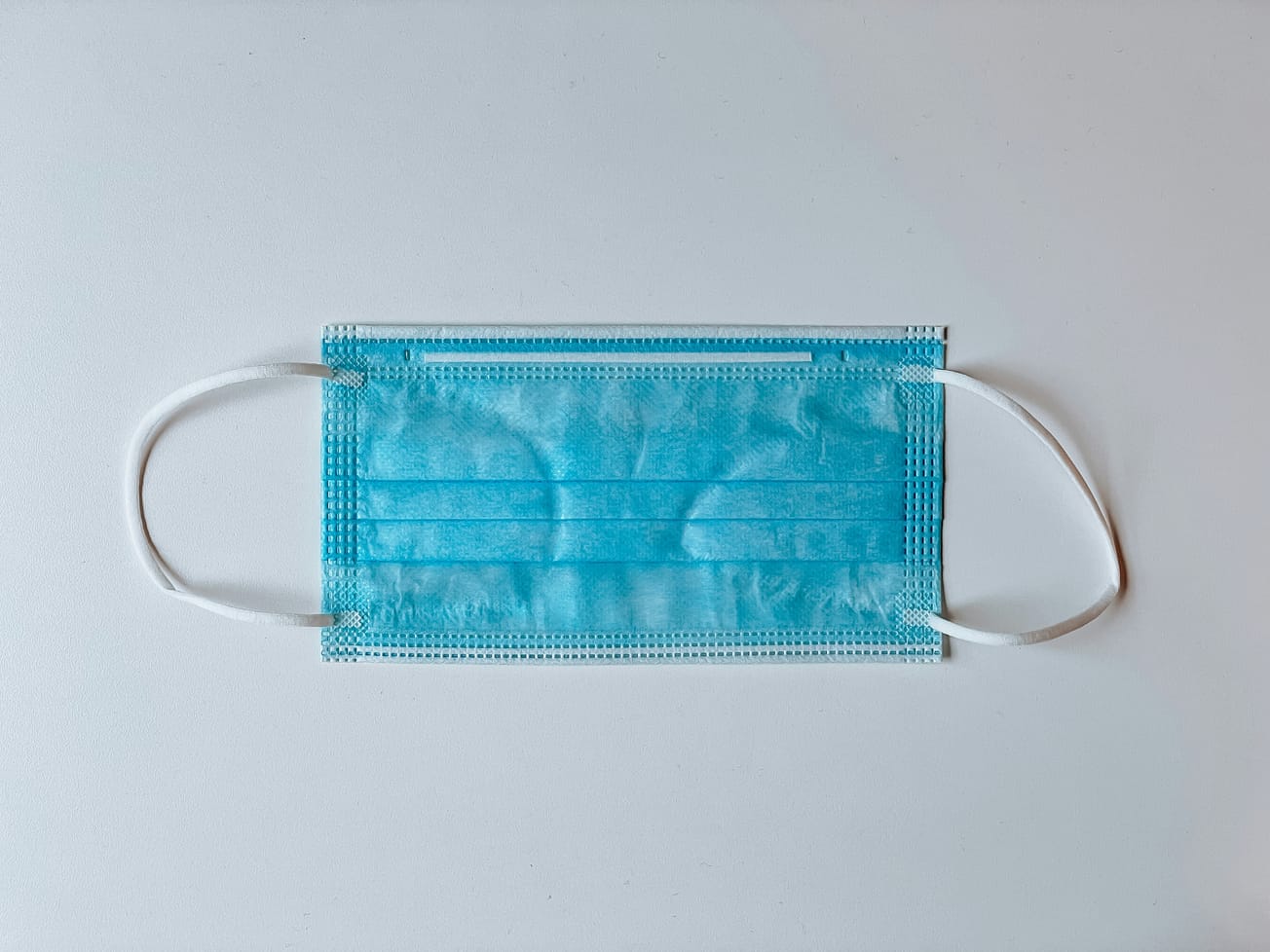By Georgia Rowe, Opinion Digital Editor
At the same time GCSE and A-Level students excitedly tear open results papers and prepare themselves for the next stages of their education, the disruptive effects of the UCU’s marking and assessment boycott still rumbles on for so many university students. Unlike their younger counterparts, countless university students nationwide were met with incomplete, and in some cases even vacant, results pages on their equivalent ‘results days’. Unacceptably, many are still to receive degree classifications or information on when they will indeed be able to graduate.
And, regrettably, this disruption will not find its end before the new academic year begins.
On the 14th of August the University and College Union (UCU) announced their decision to extend industrial action into the 2023/24 academic year. This decision will mean that a further cohort of students will be affected by such strike action, including those that already faced the turmoil of it this summer. Resultingly, hitherto existing feelings of disappointment, anxiety and resentment are set to remain, and surely intensify, in so many, as the outlook on future strike action becomes even more bleak and uncertain.
Finalists from the most recent ‘graduating’ year know all too well the effects of this strike action. Speaking to one such finalist, who wishes to remain anonymous, the personal reverberations of the boycott become exceedingly apparent, commenting: ‘As part of a university cohort beset by lockdowns, strikes, the soaring cost of living and cancelled A-Levels, the marking boycott presents itself as the latest and final blow in what has, for me, become a truly miserable university career. The disruption that has, and will continue to, taint almost the entirety of my three years at university, emerging in an array of forms, is perhaps pitifully epitomised in the fact that I have been unable to graduate at the right time’.

Nodding to the scope of the boycott, this female third-year student recognises that she is just one of countless students who share in her frustrations: ‘Most finalists are already aware of how destabilising this experience has been. Many of my peers stress about not being able to progress onto post-graduate courses or renew their VISAs to maintain their position as a student in the UK. Others feel cheated out of recognition for the work they have done, and the vast majority can unanimously agree that the extortionate amount of money we have paid for our courses is disproportionate to the now delayed return of our investment’.
And the effects of the boycott are not just limited to finalists. Students across all years of university are entering a new year without any indication of where they stand academically; of whether the sheer number of hours spent in the library completing coursework and exams, likely measurable by days, has paid off. In return for our hard-work, I, along so many of my fellow second-year English students, have, this summer, been met with the mere morsel of ‘you have progressed into the next year’ – no marks to my name, still – a response utterly disproportional to the level of work I put into my studies this term.
Indeed, what is making students so aggrieved about this inaction is the feeling that they are not getting what they rightfully should. Embarking on a university degree is a big expense, not just monetarily, but in terms of the dedication it requires. Whilst we commit three or more years to future prospects, those of a similar age who choose to work are gaining valuable experience, experience which employers are increasingly expecting of prospective graduate employees. Therefore, there is an opportunity cost to the decision to attend university, there’s an element of risk. As such, we students want not only to feel that we are getting value for money for these years, but that we are also on track to achieving our anticipated outcomes.
Since an early age, students are always taught to have one eye on the future – it is drilled into us and characterises an extensive part of our education system, beneficially or otherwise. We are constantly reminded of the next step and in today’s competitive employment market, not knowing where you stand academically makes it difficult for students to position themselves for possible MAs or graduate jobs. This inaction is undermining our own decisions for our futures and, in some cases, causing us, through no fault of our own, to fall short of such ambitions.

As a result of the boycott, the anonymous student leaves university dismayed by its failure to deliver what it promised, saying: ‘All of the grievances I have experienced as a result of the boycott culminate in the disheartening realisation that higher education has simply failed me'.
‘The complete disorganisation and lack of communication has not only solidified the fact that the University does not see its students as real people, with extremely specific and real cases on the line at the hands of their idleness, but has epitomised the way in which ostensible models of integrity are more often than not disingenuous’.
As such, whilst the familiar discussions of which freshers wristband to buy or which societies to join will nevertheless be on the minds of this year’s freshers, this cohort will perhaps be facing new discussions of what sort of institutions they are heading into. The university’s handling of the marking and assessment boycott, alongside issues like the accommodation crisis, oversubscribed courses and the reduction of student loans, is surely symptomatic of a wider issue that needs to be addressed within higher education – the ostensible loss of its integrity. Are the universities of today morally different from the institutions students from previous generations entered into? In light of these crises, can we continue to affix ideas of integrity and exemplary behaviour to institutions of higher education?
As ever, I stand with those lecturers taking part in the boycott. Just as we feel uncertain about our futures as a result of this, their action comes from a similar place.
Featured Image: Unsplash/Joshua Hoehne
Do you feel differently about your university after their handling of the marking and assessment boycott? Get in touch @EpigramPaper.









